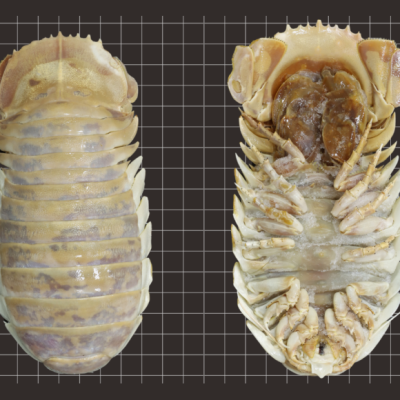The perils of red meat consumption trace back two million years, unveiling a pivotal shift in the human genome. A genetic mutation altered our sugar-making genes, once shared with other primates, offering protection against certain diseases.
Within the course of human evolution, a crucial enzyme-producing gene (CMAH) underwent a transformation, leading to the disappearance of this gene. This enzyme, responsible for generating the vital sugar Neu5Gc, is present in red meat, select fish, and dairy products. When individuals consume animal products containing this sugar, the body may launch an immune response, mistaking the sugar as a foreign invader. This can result in inflammation, arthritis, and even cancer.
A comprehensive study at the University of Nevada (Las Vegas, USA) examined the genomes of 322 animals to identify species with an active CMAH gene. Using this data, researchers constructed a genetic map, pinpointing when the genes for this sugar-producing enzyme underwent evolutionary changes. Understanding which food animals produce Neu5Gc sugars is essential for managing their consumption.
Despite the negative consequences of CMAH inactivation, humans gained protection against various pathogens during evolution. David Alvarez Ponce, the study’s author published in the journal Oxford University Press, notes, “There is a type of malaria that requires Neu5Gc to infect; other primates are susceptible to it, but not humans.”










